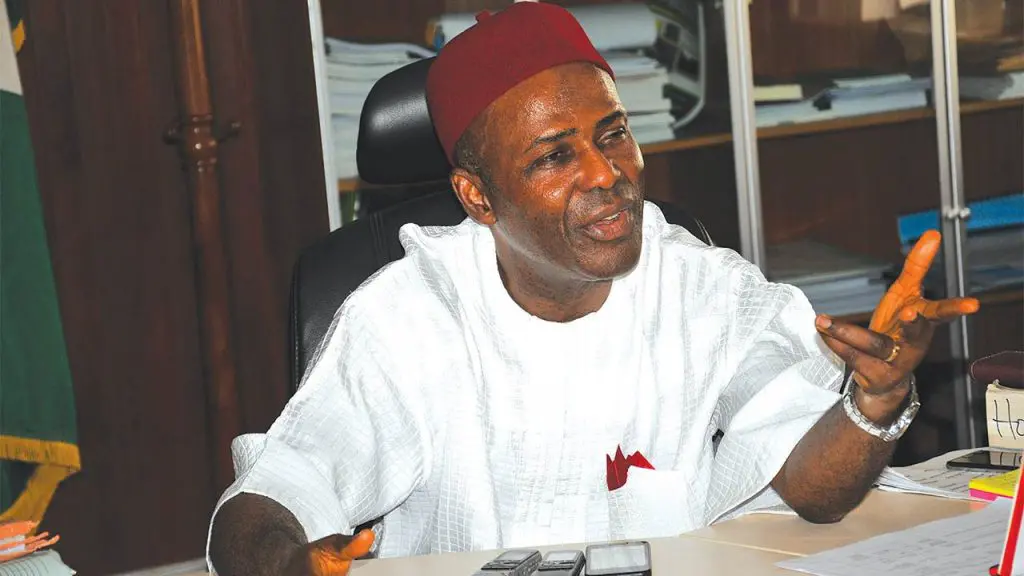
An All Progressives Congress, APC presidential aspirant in the 2023 election, Dr Ogbonnaya Onu is dead.
NELSDAILY gathered that Onu, who was the first civilian governor in Abia State, died in Abjua on Thursday.
Details of the incident are still sketchy as at the time of filing this report, however, it was learnt that the APC chieftain has been battling with an undisclosed ailment.
Onu’s last major public appearance was during the APC primary election in 2022 when he alleged injustice against the people of Southeast.
Former president, Muhammadu Buhari, had in November 2015 appointed Onu as the Minister of Science and Technology.
The former governor, however, resigned his position on May 6, 2022 to join the APC presidential race, which he lost to President Bola Tinubu.





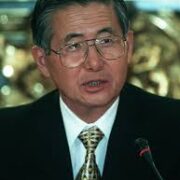

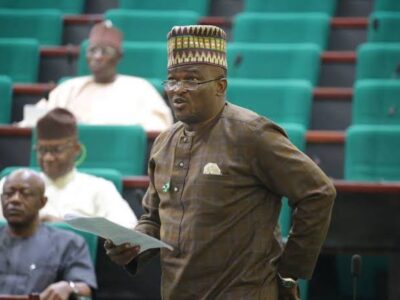




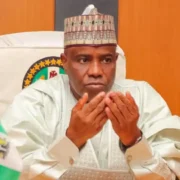
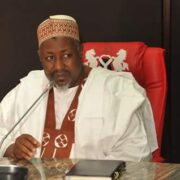









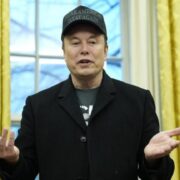
Comments